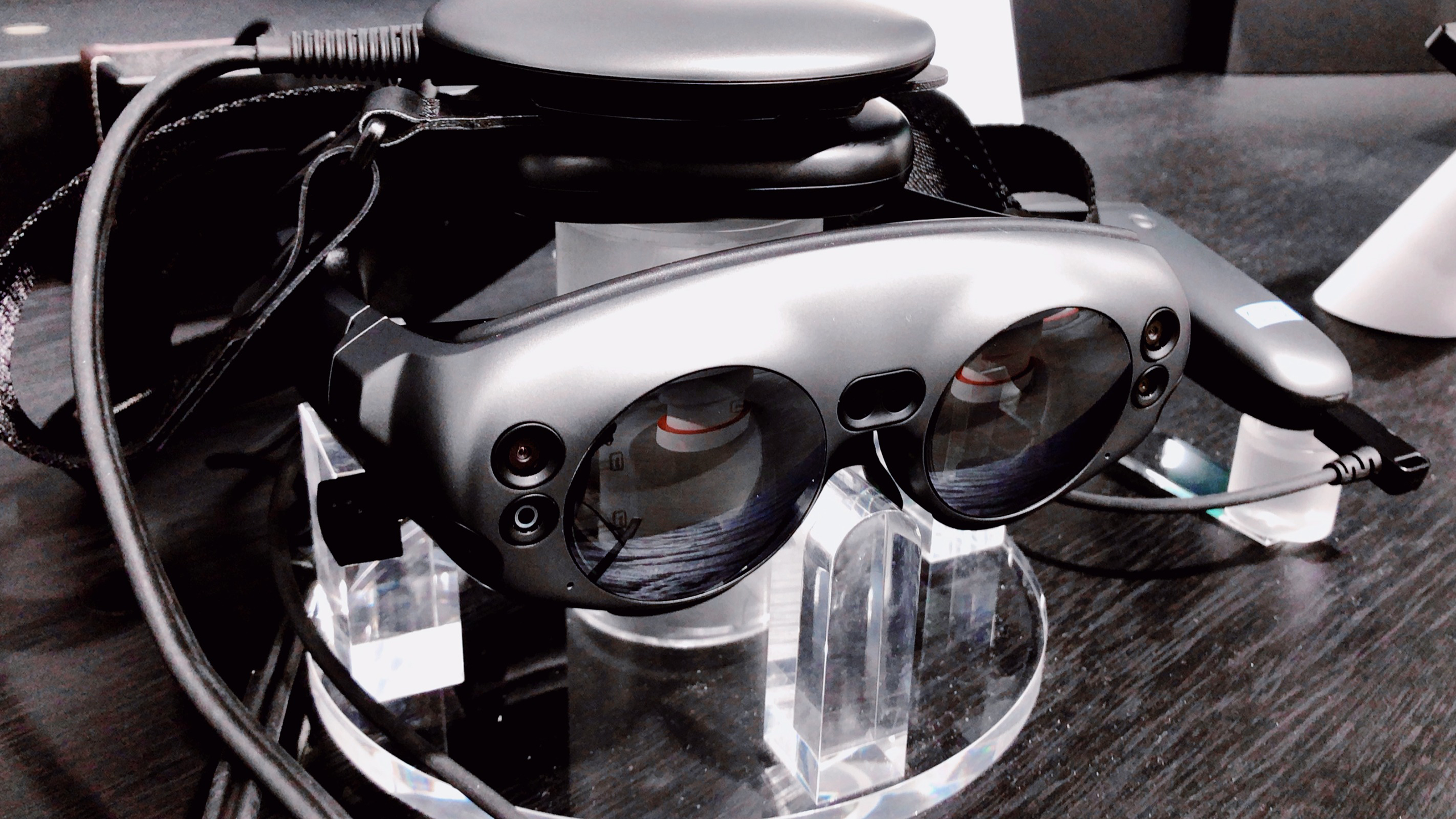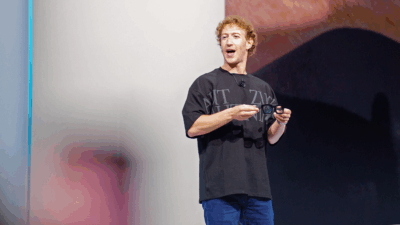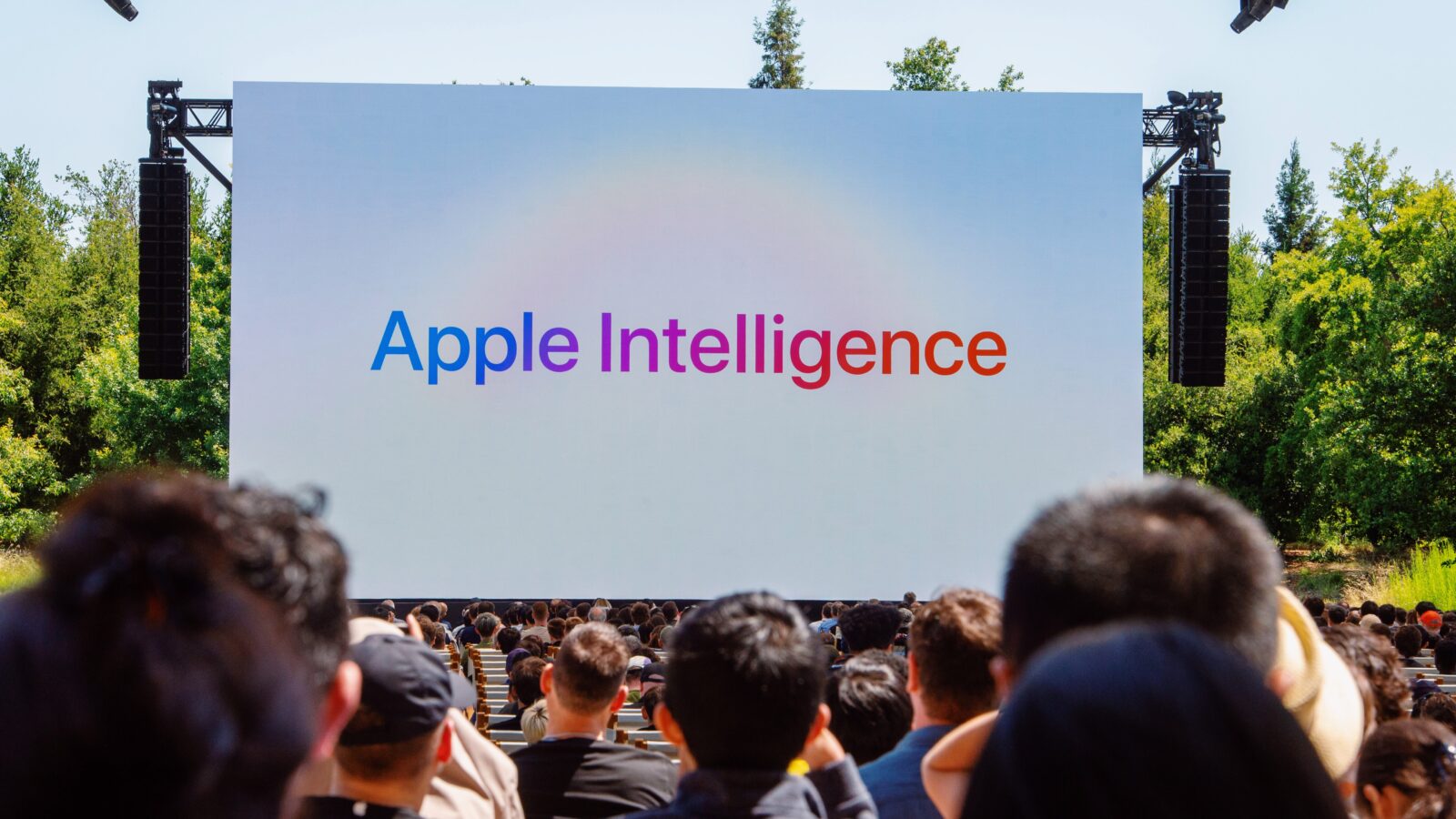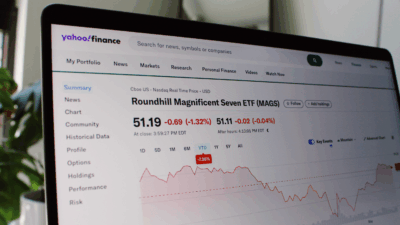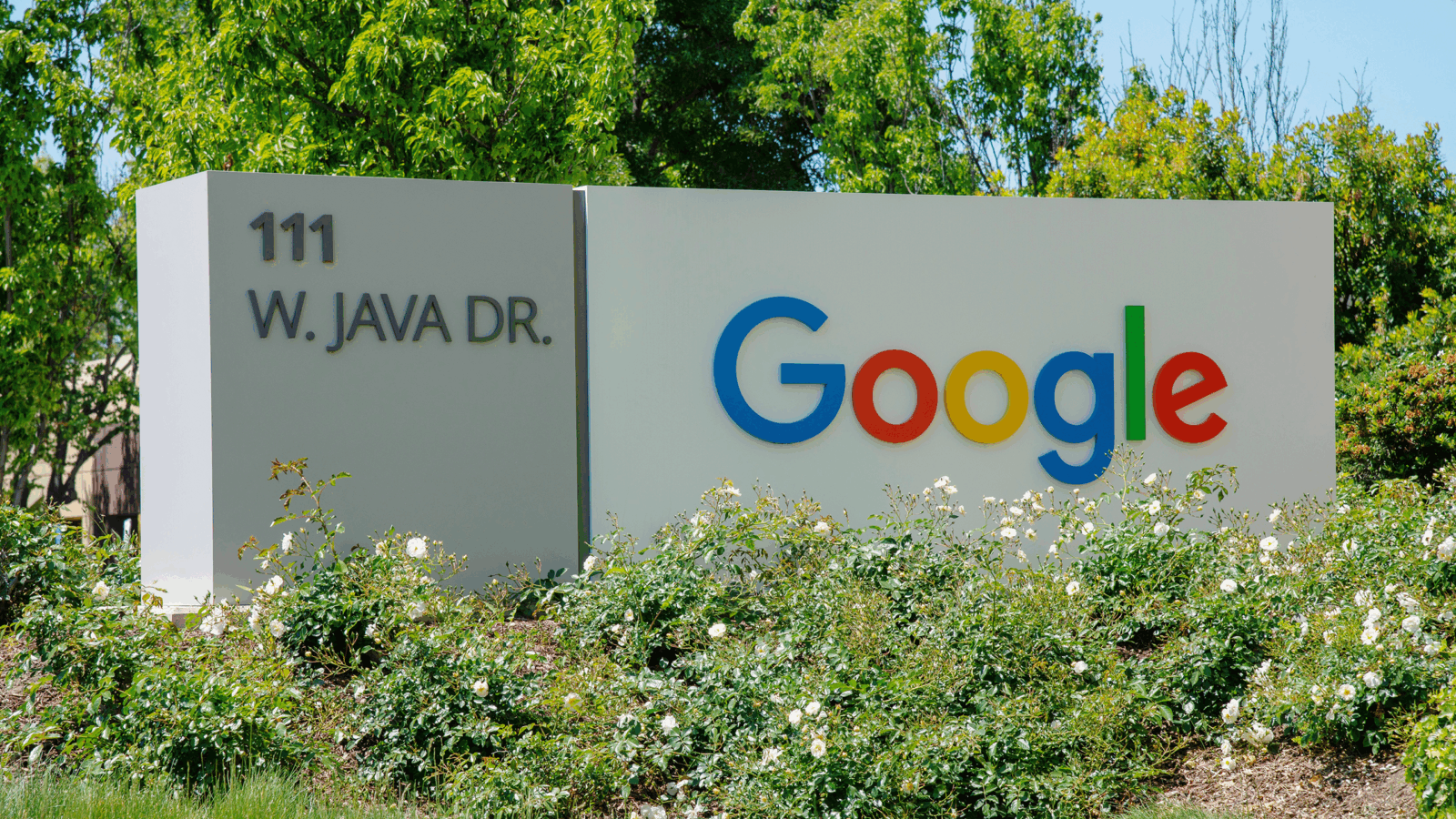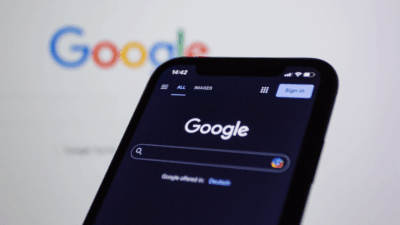Google Just Can’t Quit the Metaverse
It announced a partnership with Magic Leap, which after some rough years might be finding a new lease on life.
Sign up for smart news, insights, and analysis on the biggest financial stories of the day.
Wait, is the metaverse still open?
Google is partnering with Magic Leap, a slightly faded beauty of the augmented-reality industry famous for its AR headsets — devices that project images onto the world around you, rather than surrounding you entirely in a virtual world. It’s not entirely clear what the parameters of the partnership are, but Google must be fairly convinced of the benefits given it’s been burned before.
Walking on Broken Google Glass
Much to Mark Zuckerberg’s chagrin, metaverse-style headsets still haven’t become a mass consumer product. That’s not for lack of Silicon Valley trying, though. In 2012, Google introduced the world to Google Glass, a pair of glasses with a computer that displayed information on the lenses. Google tried to market the glasses to consumers as well as business customers, but the $1,500 price tag and an unfortunate nickname for its users meant Google Glass was only on shelves for three years.
Now it seems Google is willing to dip its toe back into that market. The partnership is also a big coup for Magic Leap, which after some rough years might be finding a new lease on life by licensing out its technology:
- Magic Leap’s first headset in 2018 was viewed as a flop, with consumers showing little appetite for a $2,000 headset. Its valuation dropped $4.4 billion between 2018 and 2021.
- Now, however, with the release of Apple’s VR headset the Vision Pro, gambling on high-end headsets is fashionable again. In January, Saudi Arabia’s sovereign wealth fund, which bought a controlling stake in the company in 2021, invested an extra $590 million in Magic Leap.
Neither Google nor Magic Leap confirmed outright that they’re making a consumer device together. “We’re thinking, putting our expertise and [Google’s] expertise together, there’s lots of things we could end up doing,” Magic Leap’s Chief Technology Officer Julie Larson-Green told Reuters.
Enterprising Folks: Consumer products won’t be the sole focus for Magic Leap or companies looking to lease technology from it. In an interview with VentureBeat in January, CEO Ross Rosenberg said the company was looking at niche, professional uses for its headsets such as “complex surgical planning” and military uses.
